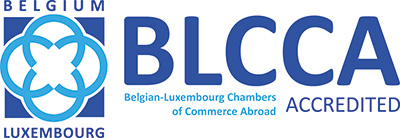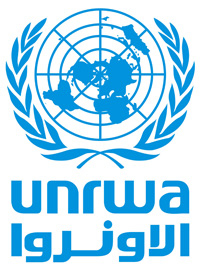2nd edition 2014, February-March
Economic News
How is Belgium doing?
Etienne de Callataÿ, Chief economist for Bank Degroof, explains that Belgium achieved a more important economic growth than the European average.
According to him, this could partly be explained by contrast to the considerable economic difficulties encountered by other European countries. Indeed, on the report of Mr. de Callataÿ, Belgium entered the crisis with a more favorable budgetary position than other fellow countries, which gave leave to a less austere budgetary policy.
Besides, the financial achievements of Belgium are due to its status of subcontractor of the German economy. Indeed, in the 90’s Belgium suffered from the economical problem encountered by Germany but, nowadays, Belgium enjoys its growing success.
Etienne de Callataÿ also explains that the automatic wage indexing has helped to preserve the purchasing power and thus to maintain the economic activity. Nevertheless, he warns that this automatic wage indexing may have unleashed a wage dynamic that could be damaging to competitiveness and employment.
Last but not least, Belgium has maintained a good level of social welfare which helped to limit the wealth gap between rich and poor.
Finally, Mr. de Callataÿ reminds us that stabilization of the budget remains on the agenda. The High Council of Finance estimates a 12 or 13 billion Euro growth to be achieved by 2017.
Belgium ranks 3d in terms of logistics
In its fourth edition of “Connecting to Compete: Trade Logistics in the Global Economy”, published on 20 March 2014, the World Bank ranks Belgium 3rd in terms of logistic performance.
The study features the Logistics Performance Index (LPI), which measures the on-the-ground efficiency of trade supply chains.
According to the report, “supply chains are the backbone of international trade and commerce”. Moreover, good logistics are important for economic growth, diversification and poverty reduction.
Therefore, 160 countries have been evaluated on a certain number of aspects such as freight transportation, warehousing, border clearance, and the like.
Since its first publication, in 2007, Belgium has been in constant evolution. Indeed, in 2007, Belgium was ranked 12th, in 2010 it occupied the 9th position, and in 2012 it was ranked 7th.
Consequently, in less then 10 years, Belgium moved up 9 places.
Will the gulf be the next global air travel hub?
 190 billion US dollars is the amount invested by Emirates, Etihad and Qatar airways in airbus and Boeing. In the near future they will go from 300 to 700 planes, which will be a source of strength to make the gulf countries the new centre of air traffic worldwide.
190 billion US dollars is the amount invested by Emirates, Etihad and Qatar airways in airbus and Boeing. In the near future they will go from 300 to 700 planes, which will be a source of strength to make the gulf countries the new centre of air traffic worldwide.
These three companies are already among the top 5 world’s leading airlines and enjoy a growing success.
Gulf countries have a strategic geographic position allowing them easy access to Asia, Europe and even America. One third of the world’s population is within 4 hours flight from the gulf. It is thus an effective gateway between the continents.
Finally, besides having a central position, Emirates, Etihad and Qatar airways are very commited to customer care. They offer travelers comfort by ensuring a top notch onboard service as well as by investing in state-of-the-art airports.






























